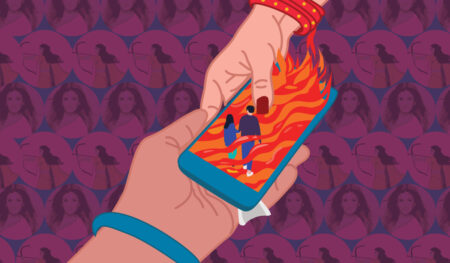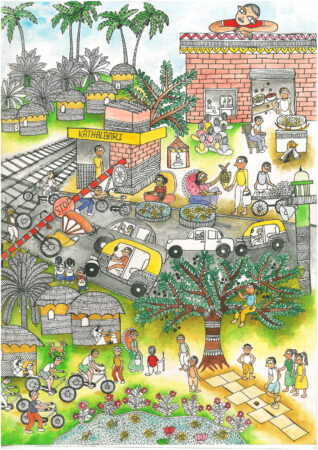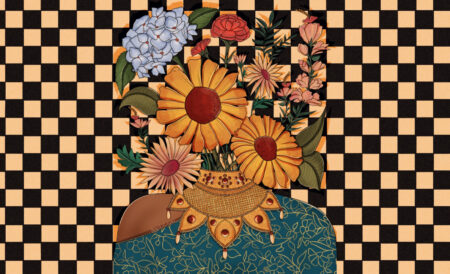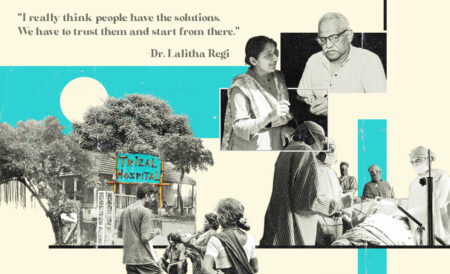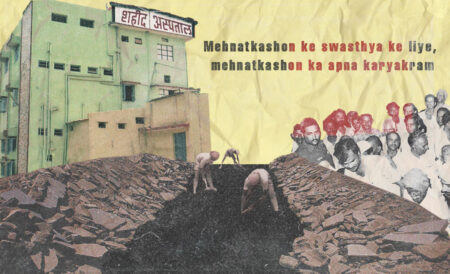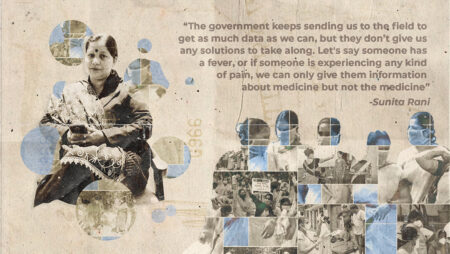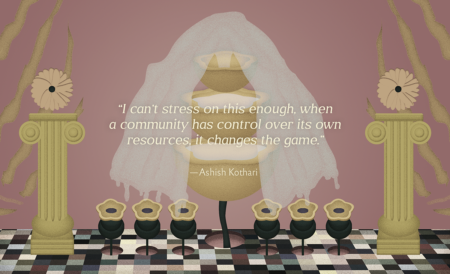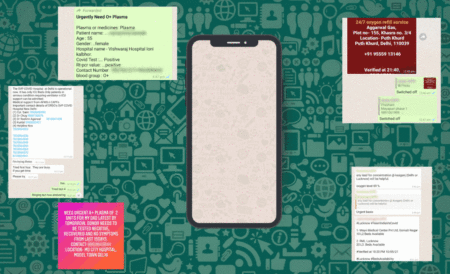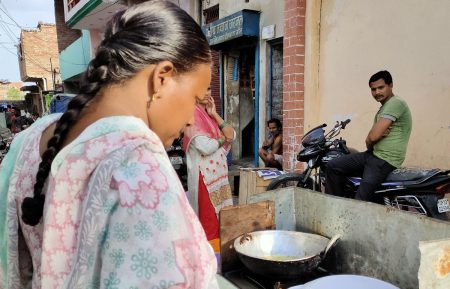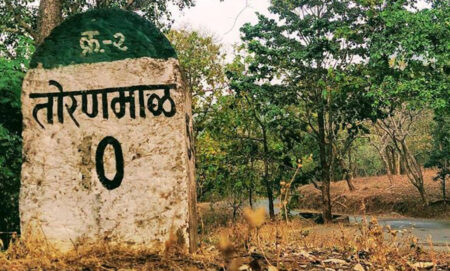
Can you measure patriotism with a literal love for the literal soil?
I don’t know what time of day it will be when you get this letter, but whenever you do, please sit under the branch that hangs over your balcony. And read it there. You have tall buildings before you – colonies of concrete – and banners and billboards that talk about the development of the city. But, perhaps, that branch will help you feel a little bit of what I have felt in the jungle.


